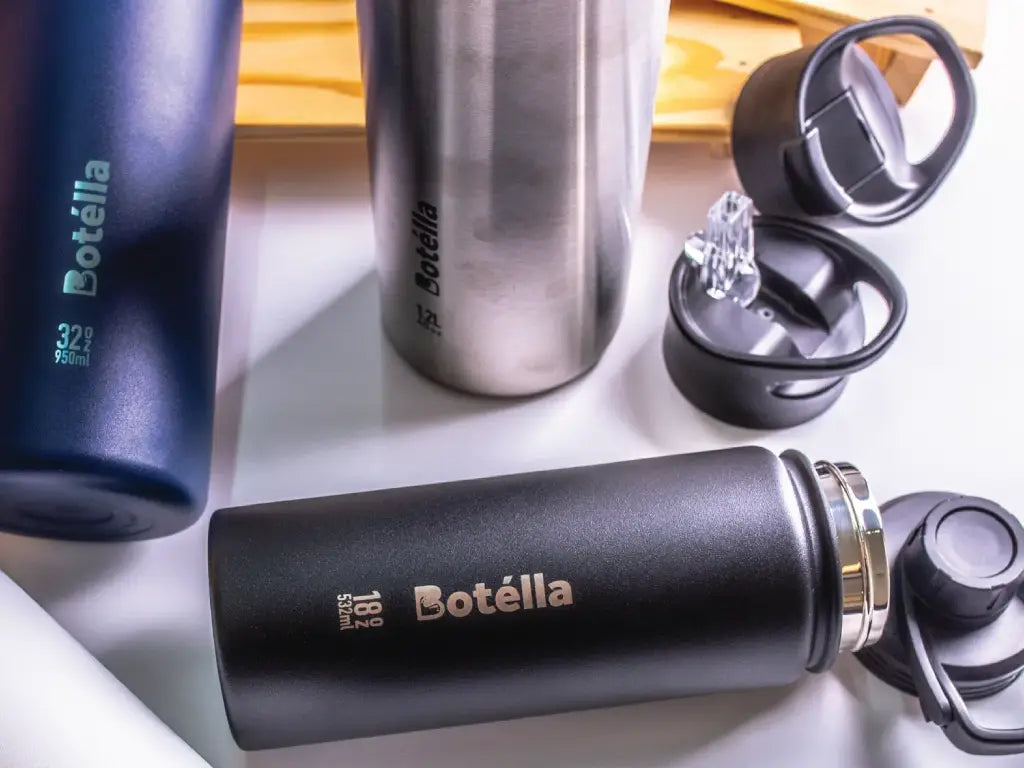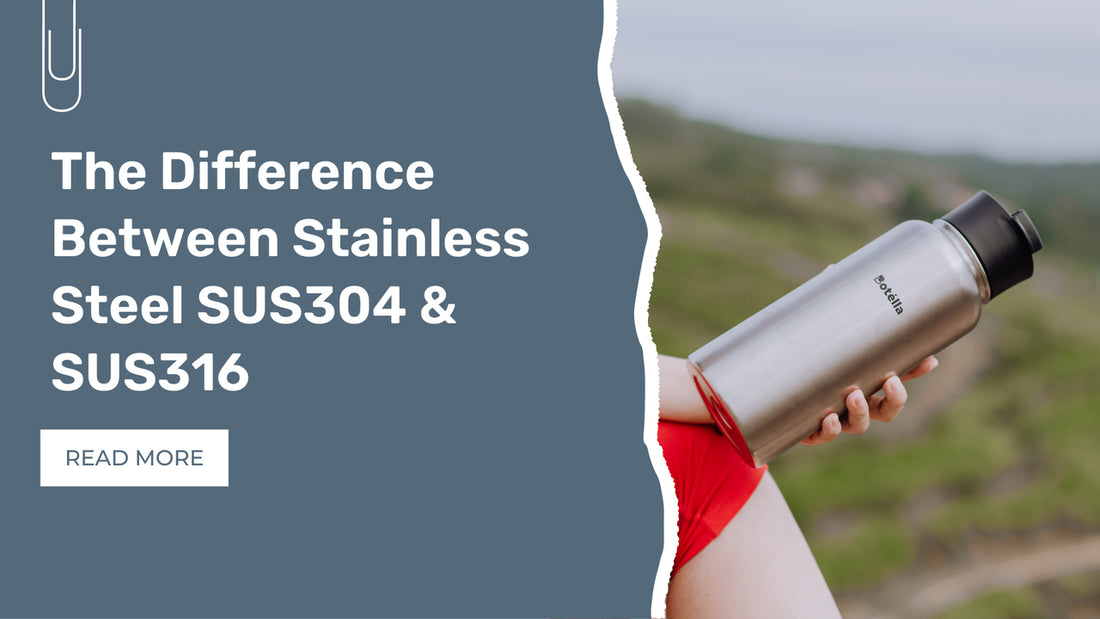Introduction
When choosing stainless steel for your project, it's crucial to understand the differences between SUS304 and SUS316. Both are popular in various industries but have distinct properties that make them suitable for different applications. This article explores the key differences, benefits, and ideal uses for SUS304 and SUS316 stainless steel.
Chemical Composition
SUS304 Composition
SUS304, also known as 18/8 stainless steel, is composed of approximately 18% chromium and 8% nickel. This alloy is well-known for its corrosion resistance and excellent formability. Its composition also includes small amounts of carbon, manganese, and silicon, enhancing its durability and strength.

SUS316 Composition
SUS316 stainless steel contains about 16% chromium, 10% nickel, and 2% molybdenum. The addition of molybdenum significantly increases its resistance to pitting and crevice corrosion in chloride environments. This makes SUS316 an ideal choice for marine applications and chemical processing.

Corrosion Resistance
Why SUS304 Excels
SUS304 offers excellent resistance to a wide range of environmental factors. It performs well in environments where exposure to chemicals and corrosive elements is minimal. This makes it suitable for kitchen equipment, food processing, and indoor architectural applications.
SUS316's Superior Performance
SUS316 stands out due to its enhanced resistance to corrosion, especially in harsh environments. The molybdenum addition makes it particularly effective against saltwater and chlorides. Therefore, it's preferred for outdoor and marine applications, as well as in industries where high corrosion resistance is critical.

Mechanical Properties
Durability of SUS304
SUS304 is known for its excellent mechanical properties. It has a high tensile strength and is easily welded, making it versatile for various manufacturing processes. Its ability to maintain strength at high temperatures adds to its suitability for kitchen and industrial equipment.
Strength of SUS316
SUS316 stainless steel also boasts impressive mechanical properties, with a slightly higher tensile strength than SUS304. It can withstand higher pressures and temperatures, making it ideal for heavy-duty applications. Its enhanced resistance to stress-corrosion cracking further expands its usage in demanding environments.

Applications
Common Uses of SUS304
SUS304 is widely used in consumer and industrial products. You'll find it in kitchen appliances, automotive parts, vacuum flask and construction materials. Its balance of strength, formability, and corrosion resistance makes it a go-to material for everyday applications.
Specific Uses for SUS316
SUS316 is preferred in more challenging environments. It's used in marine equipment, chemical processing plants, travel mug and medical devices. Its superior corrosion resistance and strength under harsh conditions make it indispensable in these fields.

Cost Considerations
Affordability of SUS304
One of the advantages of SUS304 is its cost-effectiveness. It provides a reliable performance at a lower cost compared to SUS316. This makes it a popular choice for large-scale manufacturing and projects where budget constraints are a concern.
Investment in SUS316
While SUS316 is more expensive due to its enhanced properties, the investment pays off in applications requiring high durability and corrosion resistance. The added cost is justified in environments where failure could lead to significant damage or safety concerns.

Conclusion
Choosing between SUS304 and SUS316 stainless steel depends on the specific requirements of your project. SUS304 is ideal for general applications with minimal exposure to corrosive elements. In contrast, SUS316 is the better choice for harsh environments, offering superior corrosion resistance and mechanical strength. Understanding these differences ensures you select the right material for optimal performance and longevity in your applications.

